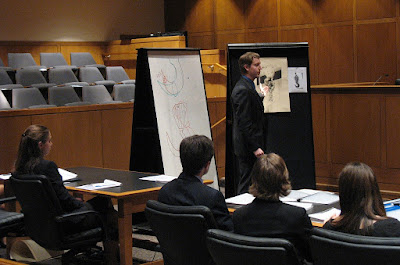A friend of mine recently posted, "And poof! Just like that, 1975 is fifty years ago."
My response was, "Sorry. Wrong. 1975 is 25 years ago. In five years, 1975 will still be 25 years ago. That's my story, and I'm stickin' to it."
I've written here before about how plastic human memory is, but mostly I've focused on the content -- how we remember events. But equally unreliable is how we remember time. It's hard for me to fathom the fact that it's been six years since I retired from teaching. On the other hand, the last overseas trip I took -- to Iceland, in 2022 -- seems like it was a great deal longer ago than that. And 1975... well.... My own sense of temporal sequencing is, in fact, pretty faulty, and there have been times I've had to look up a time-stamped photograph, or some other certain reference point, to be sure when exactly some event had occurred.
Turns out, though, that just about all of us have inaccurate mental time-framing. And the screw-up doesn't even necessarily work the way you'd think. The assumption was -- and it makes some intuitive sense -- that memories of more recent events would be stronger than those from longer ago, and that's how your brain keeps track of when things happened. It's analogous to driving at night, and judging the distance to a car by the brightness of its headlights; dimmer lights = the oncoming car is farther away.
But just as this sense can be confounded -- a car with super-bright halogen headlights might be farther away than it seems to be -- your brain's time sequencing can be muddled by the simple expedient of repetition. Oddly, though, repetition has the unexpected effect of making an event seems like it happened further in the past than it actually did.
A new study out of Ohio State University, published this week in the journal Psychological Science, shows that when presented with the same stimulus multiple times, the estimate of when the test subject saw it for the first time became skewed by as much as twenty-five percent. It was a robust result -- holding across the majority of the hundreds of volunteers in the study -- and it came as a surprise to the researchers.
"We all know what it is like to be bombarded with the same headline day after day after day," said study co-author Sami Yousif. "We wondered whether this constant repetition of information was distorting our mental timelines... Images shown five times were remembered as having occurred even further back than those shown only two or three times. This pattern persisted across all seven sets of image conditions... We were surprised at how strong the effects were. We had a hunch that repetition might distort temporal memory, but we did not expect these distortions to be so significant."

